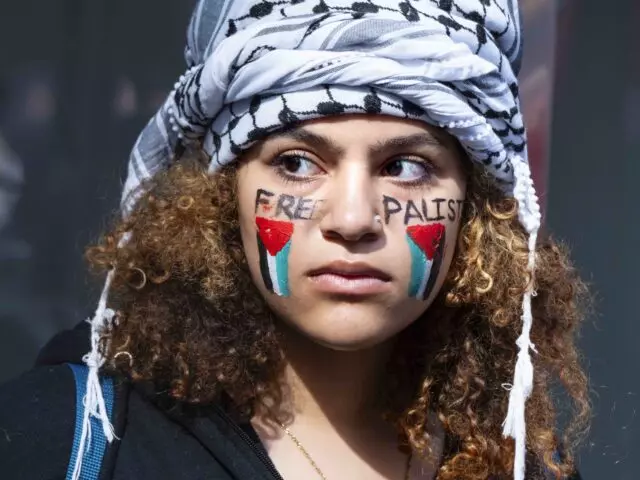On September 11, 2001, while recuperating in Johannesburg, South Africa after covering the United Nations World Conference Against Racism in Durban, I was deeply affected by the horrific terror attack that took place back home in the U.S., a tragedy that seemed closely connected to the rampant anti-Semitic sentiment I had witnessed on the streets of Durban during the event.
As I tried to come to terms with the devastating news, I received a call from a close Muslim friend in Cape Town who expressed her deepest condolences and emphasized that such actions did not represent Islam. Her empathetic gesture left me feeling touched, as did the kind words of my Muslim neighbors when I returned to Cape Town a few days later.
However, since October 7, some of these same friends have been sharing pro-Palestinian and anti-Israel memes on social media without a word of criticism for Hamas or sympathy for Israeli victims of terror. One such friend, with whom I had taken an Arabic class at college years ago, has been posting radical anti-Israel content on Facebook.
Although I generally avoid discussing politics on that platform, after several months of witnessing this online activity, I felt compelled to respond in a comment. Free the hostages and disarm Hamas. Instant peace,” I wrote. The backlash was immediate and intense, with my friend and her friends unleashing a torrent of radical bile about supposed Israeli “genocide” in Gaza, their “occupation” of Palestinian land, “apartheid” policies, and so on.
I decided to call it like I saw it: “Do you condemn Hamas?” I asked. Neither my friend nor her friends were willing to do so. Instead, she blocked me – which was a relief because the comments had become extremely toxic. Although losing this friendship was somewhat sad for me, it served as a powerful reminder of how the anti-Israel side is often unwilling to condemn terror against Jews.
Some argue that Israel “deserved” these attacks – that it still “occupies” Gaza, for example (when in fact, Israel left Gaza in 2005. Similar arguments were used to justify the 9/11 attacks, although America’s perceived sins at that time were more abstract. Others claim that October 7 was necessary because it drew attention to the Palestinian cause – but if this argument had any merit (which is debatable), it certainly doesn’t hold water half a century later.
There seems to be a profound denial of the atrocities committed on October 7, as evidenced by a recent poll that showed that only 9% of Palestinians believe Hamas was responsible for these attacks, and 90% claim not to have seen videos of them. In the west, Muslims and pro-Palestinian activists have seized on a few errors in initial reporting of the events to claim that the entire story – including rapes at a music festival and families being burned alive – has been fabricated.
But when you ask these same people whether they would condemn such actions if they believed they had occurred, there is silence. And no one talks about peace: at a rally in Dearborn, Michigan, a speaker who used the word “peace” was met with jeers. A recent poll showed that nearly half of U.S. Muslims believe Hamas had “valid” reasons for going to war.
Behind these numbers, there appears to be a deep-rooted contempt for Jews, rooted in Islamist ideology and imported European anti-Semitism. There are some “moderate” Muslims abroad who have criticized Hamas: social media influencer Loay Al-Shareef, originally from Saudi Arabia; and Iranian opposition activists like Fatemeh Sepehri, recently sentenced to prison. But they are few in number, while too many in the west remain silent on these issues.
It is time to ask Muslim leaders whether they will condemn Hamas, accept Israel’s right to exist, and support peace. If not, what hope is there for coexistence between these two groups.

